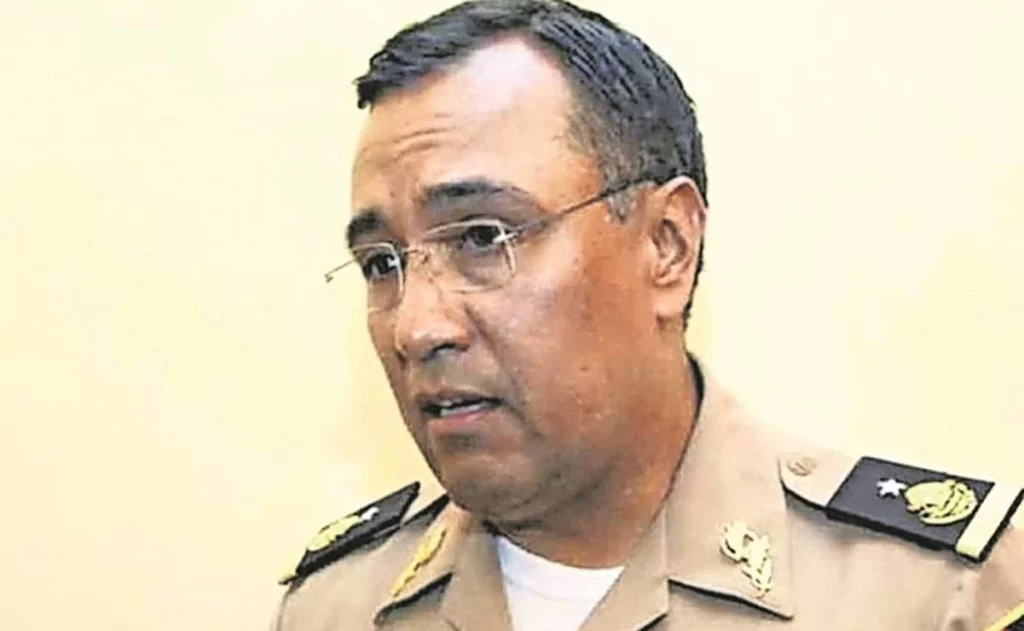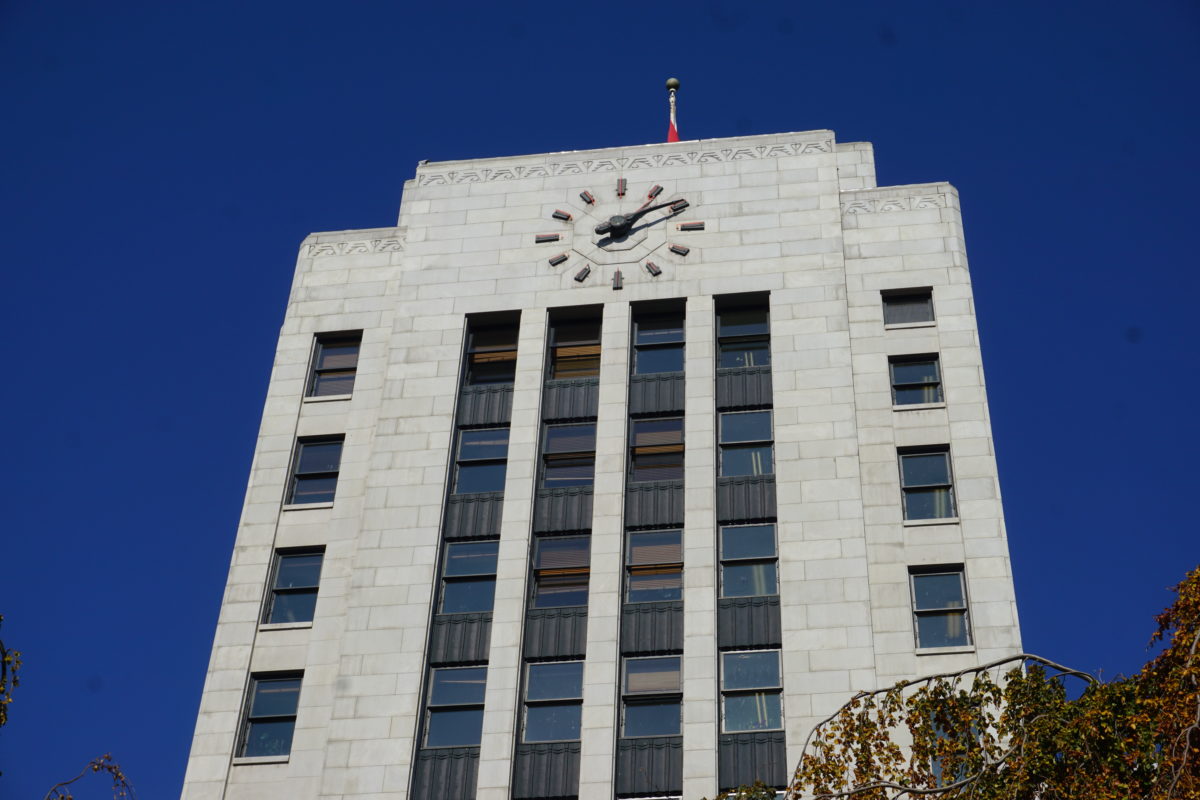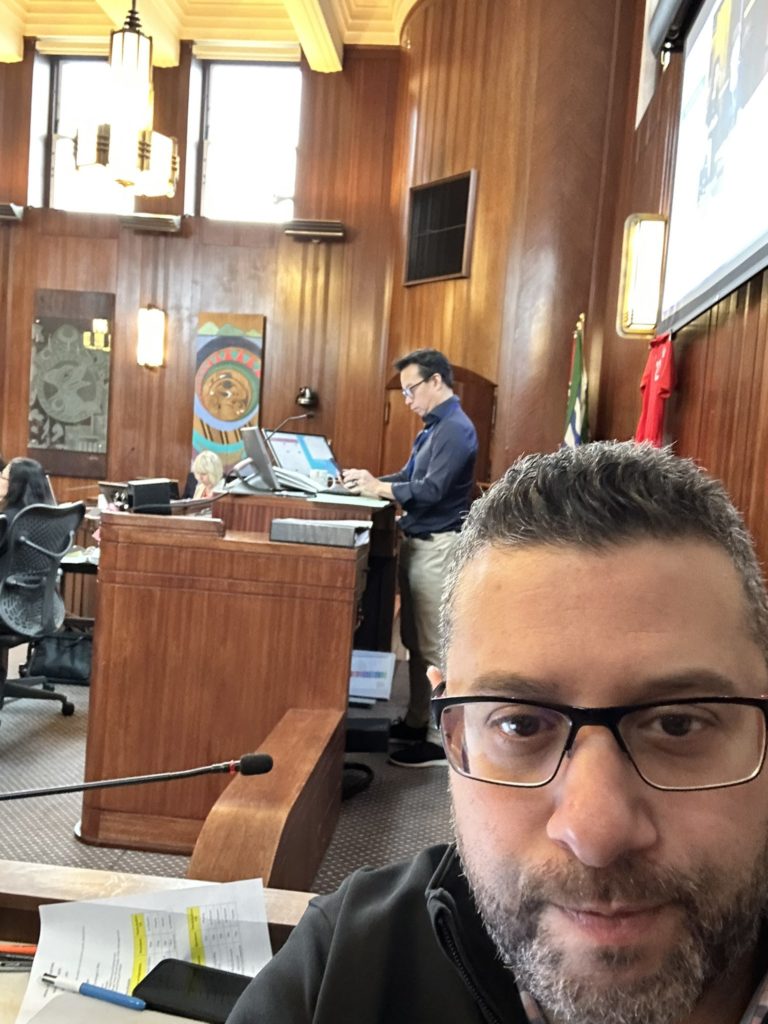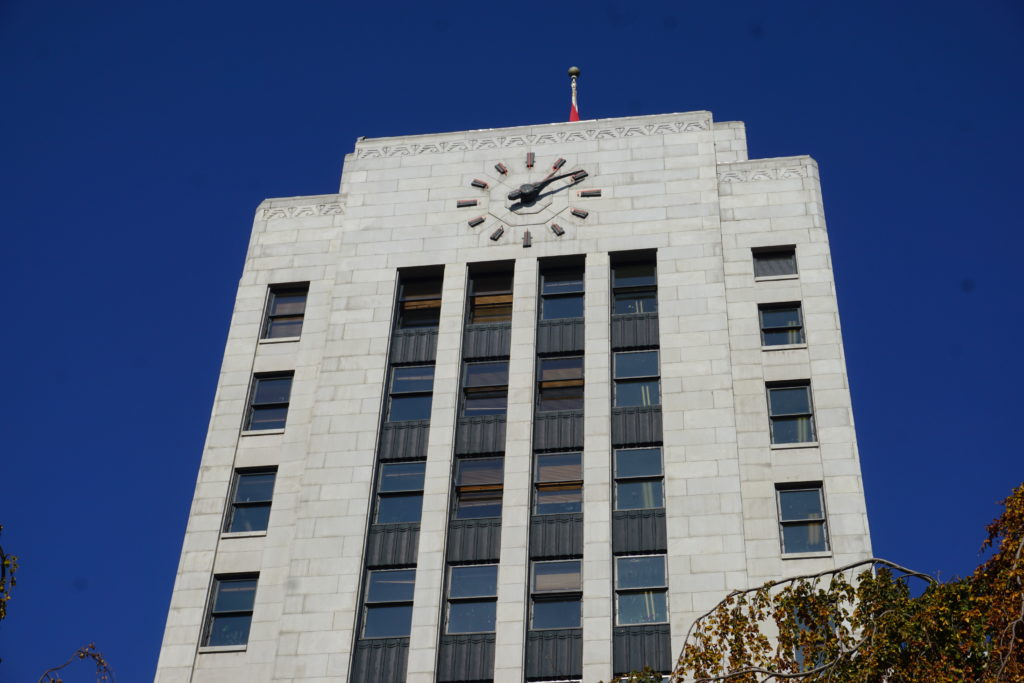FIFA World Cup 26 costs skyrocket in Vancouver
Bob Mackin
The cost to host seven matches at B.C. Place Stadium during the FIFA World Cup 26 could reach almost $600 million.
In an April 30 update, NDP Tourism, Sport, Arts and Culture Minister Lana Popham revealed the budget had skyrocketed to between $483 million and $581 million. That represents an increase of 110% to 152% from the early 2023 estimate of $230 million.
It works out to between $69 million and $83 million per match day.

FIFA’s 2026 World Cup logo (FIFA)
When Vancouver was chosen to be one of the 16 host cities in June 2022, the provincial government estimated taxpayers would be on the hook for $240 million to $260 million to host five matches.
Inflation and FIFA requirements drove the costs higher. In March 2023, FIFA expanded the 48-nation tournament in U.S., Canada and Mexico from 80 to 104 matches. When the schedule was released in February, Vancouver was allotted seven matches between June 13 and July 7, 2026. Two of them will feature the Canadian national team.
Almost a third of the budget is for renovations at B.C. Place Stadium before the tournament and operational costs during the tournament, ranging from $149 million to $196 million.
That includes the installation of a natural grass pitch, upgrades to team dressing rooms and public washrooms, new, larger elevators, a new in-house broadcast facility, improved wifi and a new central video score board.
Another $88 million to $109 million is for essential services such as provincial safety and security, transportation, emergency management, and health services. The federal government is contributing $116 million for an “initial contribution.” Tournament security costs have not been announced.
Toronto, where its budget is $380 million for hosting six matches, is also seeking federal support. Liberal Sport Minister Carla Qualtrough attended the event. Nobody from FIFA or the Canadian Soccer Association was featured.
“We really left room in contingencies,” Popham told reporters. “We’ve accounted for inflation and so the budget we put forward today, we believe is the one that is accurate. And I think taxpayers expect us to work within that budget.”
City of Vancouver is expected to spend at least $246 million on integrated public safety and security, provision of team training sites, FIFA Fan Festival decoration and brand protection, traffic and stadium zone management.
The new PNE Amphitheatre, to open in 2026, is expected to be the centrepiece of the FIFA Fan Festival. The sites at Killarney, Strathcona, Empire and Jericho parks are to be confirmed.
The province estimates a net core cost of $100 million to $145 million.
Vancouver’s temporary 2.5%, seven-year accommodation tax came into effect in February 2023. It is expected to raise $230 million.

Minister Lana Popham (second from right) with BC Place management. (BC Place/X)
Vancouver city hall is expected to bring in between $16 million and $46 million in venue rental fees, host city commercial programs and a $5 million contribution.
Another source is “other revenues” of $21 million to $44 million, for transportation and stadium rental fees and recoveries.
The province commissioned studies by Ernst and Young and Deloitte, but has not released those, the business plan or its contracts with FIFA. It released a 24-page Powerpoint presentation to reporters on April 30 with basic details.
The province assumes more than 350,000 visitors to B.C. Place during the tournament and more than $1 billion in visitor spending between 2026 and 2031.
“I’m gonna put my chartered accountant hat on here for a second,” said Vancouver Mayor Ken Sim. “There are different ways of counting for cost. There’s government accounting, there’s regular accounting. But let’s make this really simple over the long term. You know, sure, there’s going to be more costs and revenue. But if you stretch it over the long term, the benefits are massive, and they will more than pay for that deficit. This is a no brainer.”
However, a study on local, regional and national economic impacts of mega events by Victor Matheson, an economics professor at the College of the Holy Cross in Massachusetts, found that many large sporting events “simply supplant, rather than supplement the regular tourist economy.”
“In other words, the economic impact of a mega-event may be large in a gross sense but the net impact may be small,” Matheson concluded.
Support theBreaker.news for as low as $2 a month on Patreon. Find out how. Click here.
Bob Mackin The cost to host seven matches





























